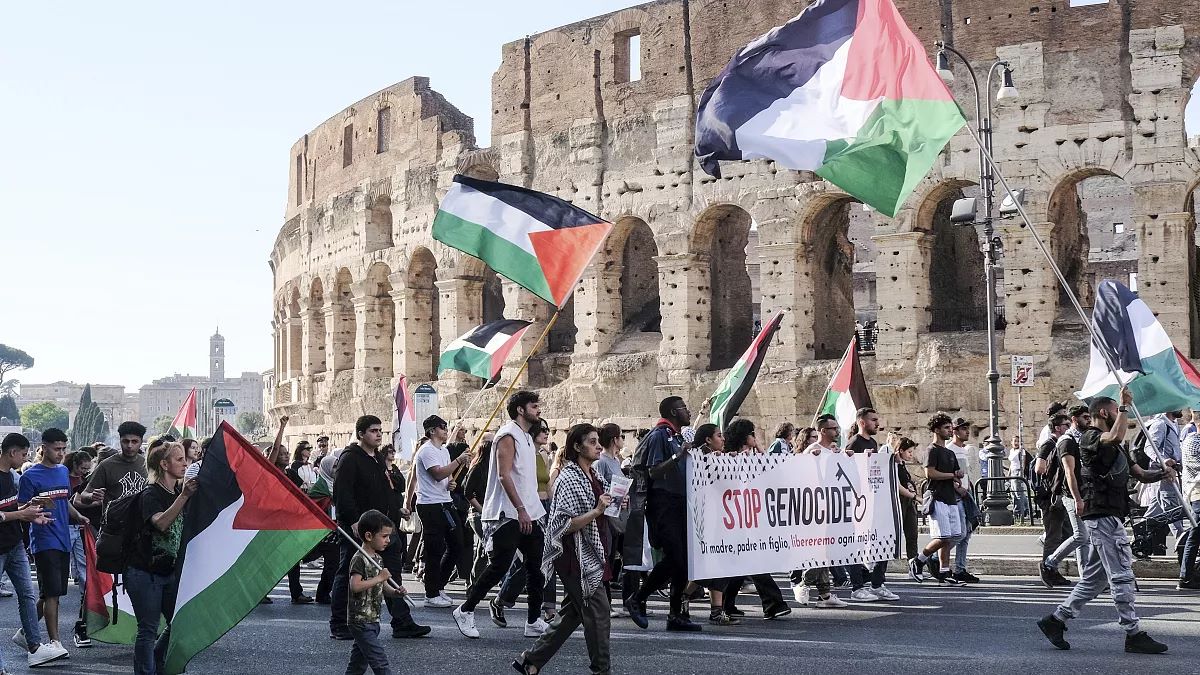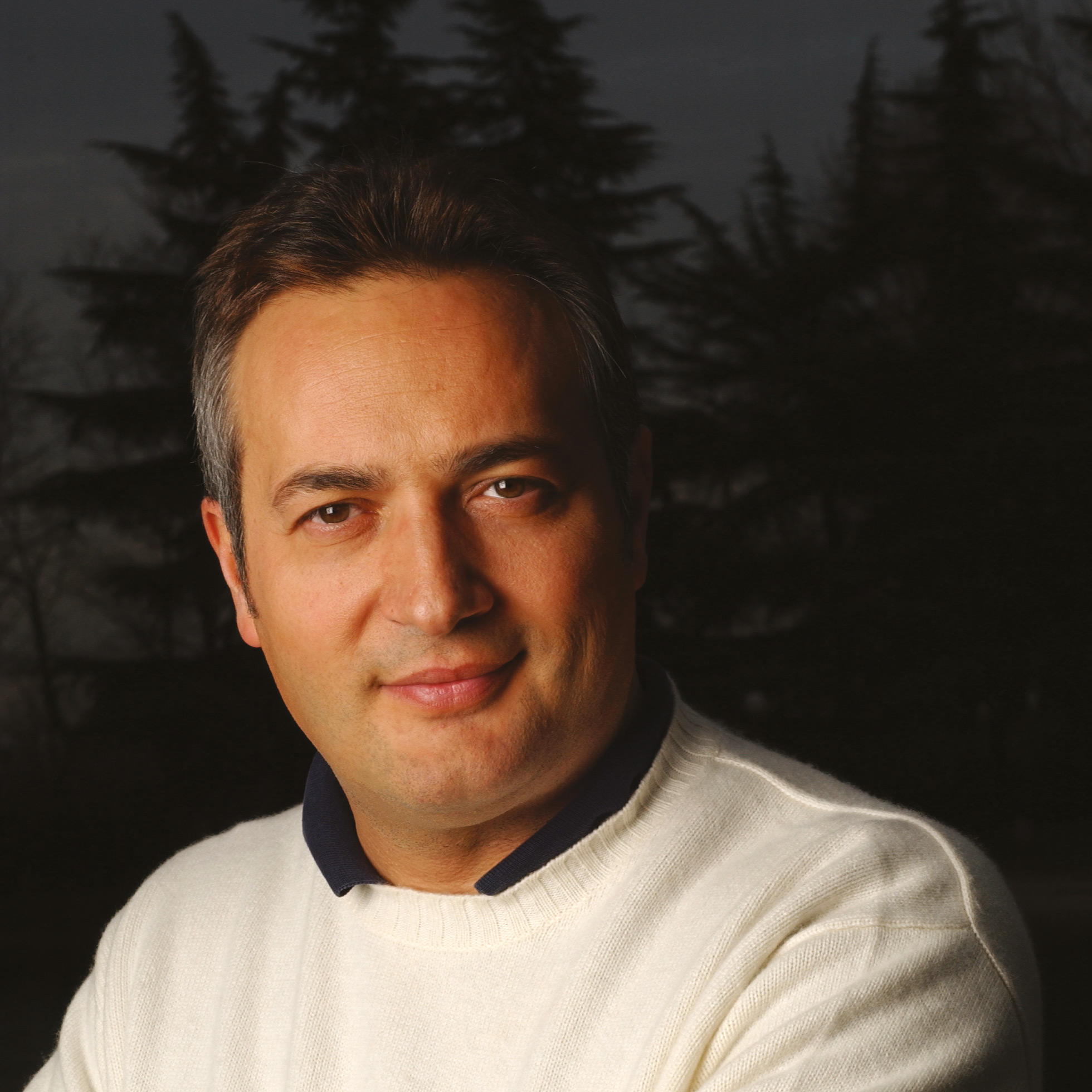The day after the chaos in Rome, scenes of devastation remain. Street signs were ripped from the ground and used as makeshift spears, stones hurled, trees uprooted, and cars smashed. Thirty police officers were injured, and four demonstrators were detained. But the pressing question lingers: has the situation in Gaza made any progress, or have we simply added street violence to the already unbearable violence of war?
The answer is clear, and it follows the predictable narrative often echoed by mainstream media: batons against democratic freedom. However, the issue of Gaza was merely a pretext for assembling different groups with various agendas, all united by an anti-establishment thread. Pro-Hamas, anti-Israel, anti-America, anti-government, and anti-police. Around 200 professional antagonists arrived from Milan and orchestrated the violent scenes. Yet, it’s unfair to paint the rest of the protesters as innocent victims of a more aggressive minority. The whole situation is flawed and dysfunctional, lacking any coherent political or cultural identity.
The so-called “radical chic intellectuals,” who sympathize with the plight of the Palestinians from the comfort of their weekend retreats, argue that if the protest had been authorized, the violence would have been avoided. In their view, the police—and by extension, the Meloni government—are partly to blame. But let’s not lose sight of the bigger picture. We’ve often spoken about the confusion among young people, or rather the “ra-Gaza,” where support for the Palestinian cause quickly morphs into an anti-Semitic sentiment, ignoring a more nuanced and less binary understanding of the Middle East conflict.
Globally, Hamas and Hezbollah are widely recognized as dangerous terrorist organizations, willing to sacrifice the very civilians they claim to defend. As reports of ongoing clashes and attacks pour in, with the risk of escalating tensions between Israel and Iran, the last thing we needed was a bout of urban guerrilla warfare—evoking a history that is both ancient and distinctly Italian.


